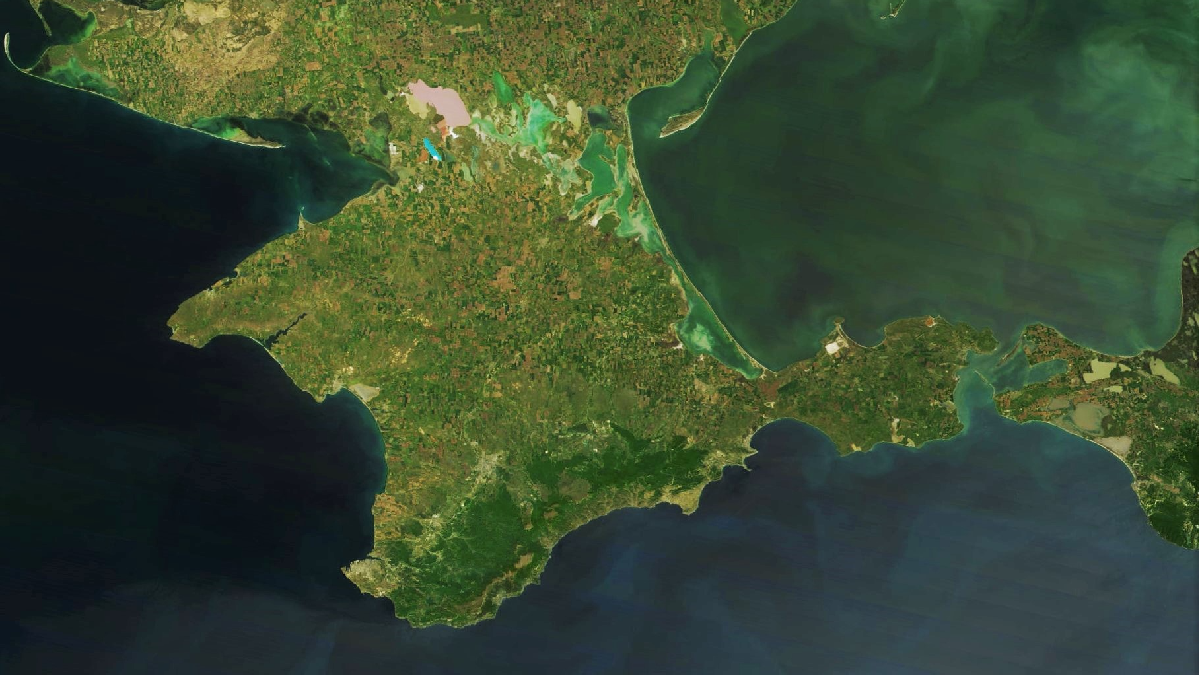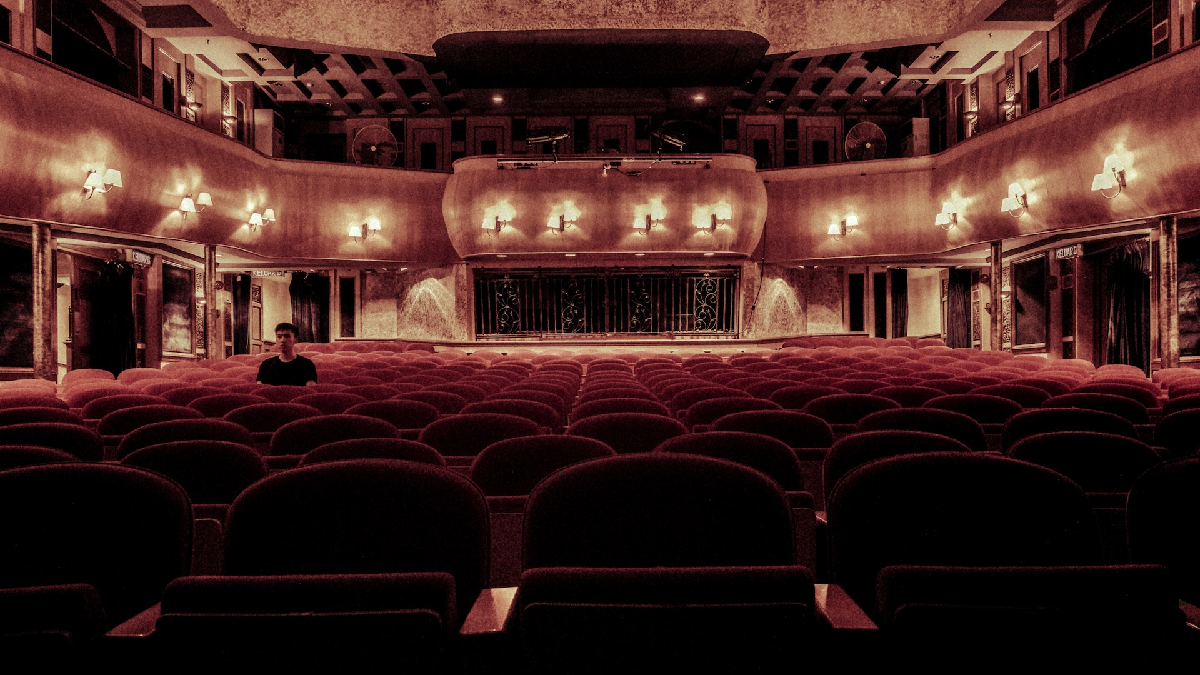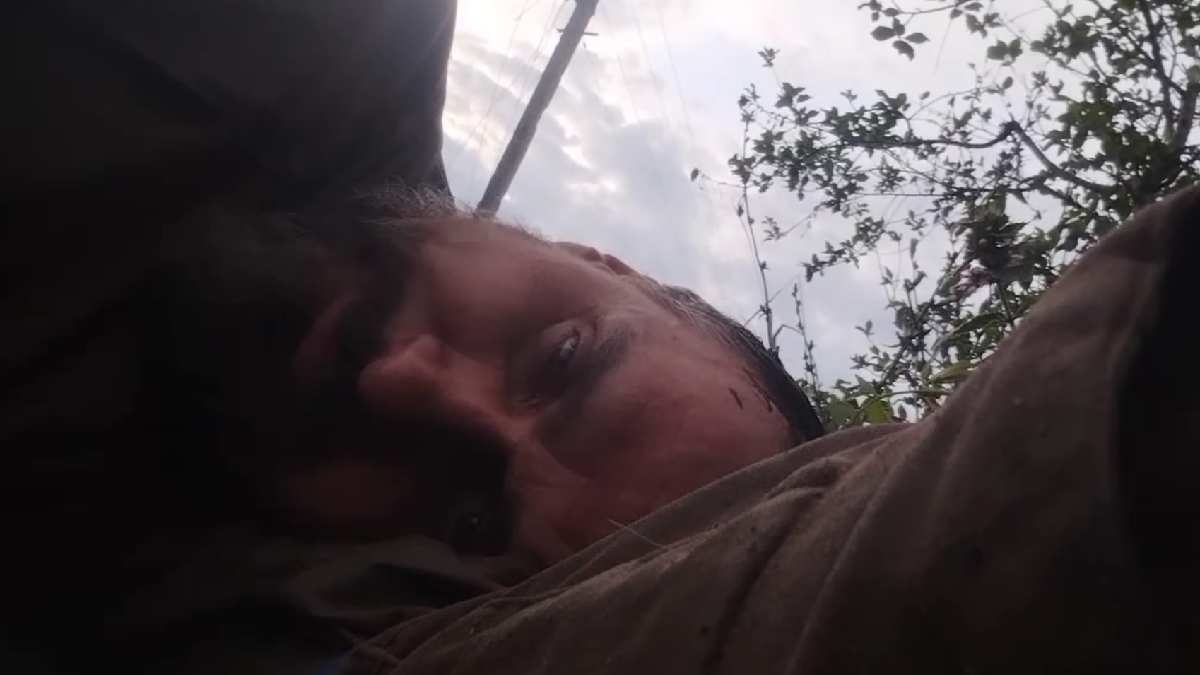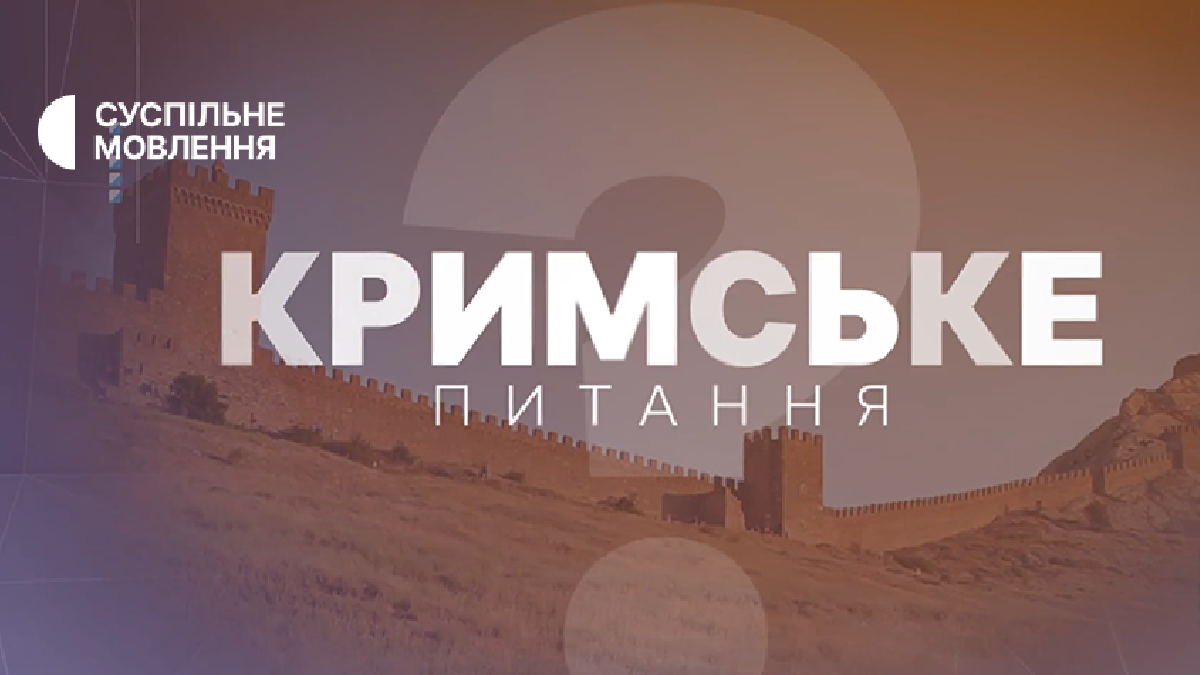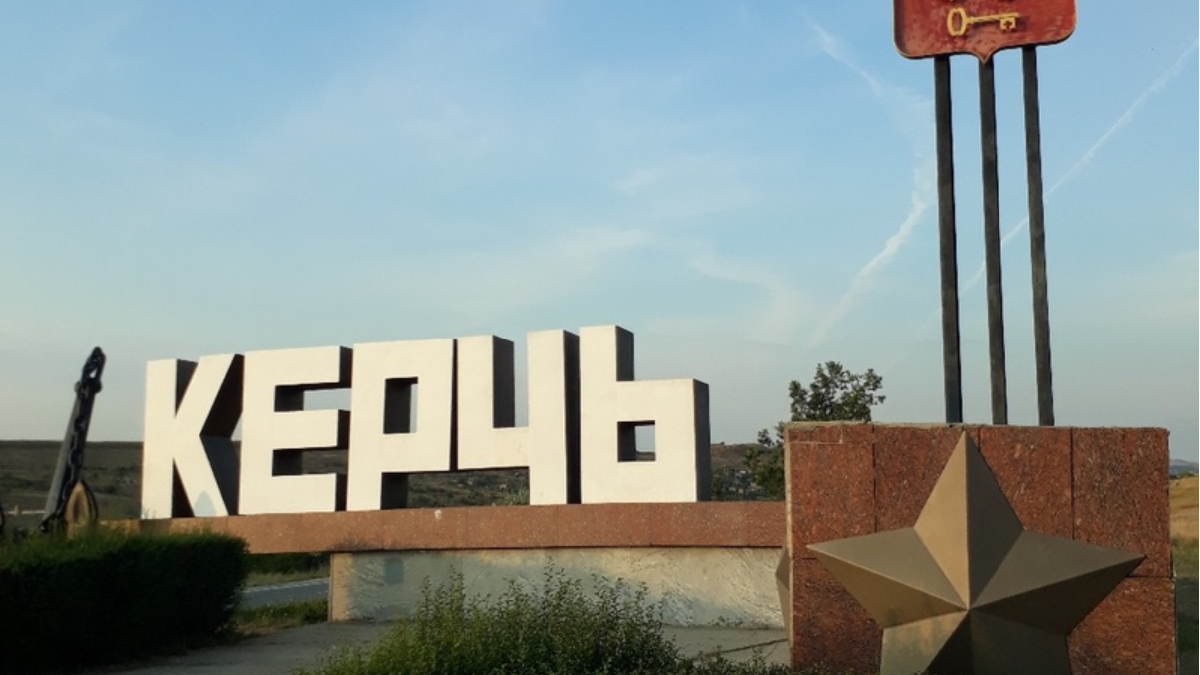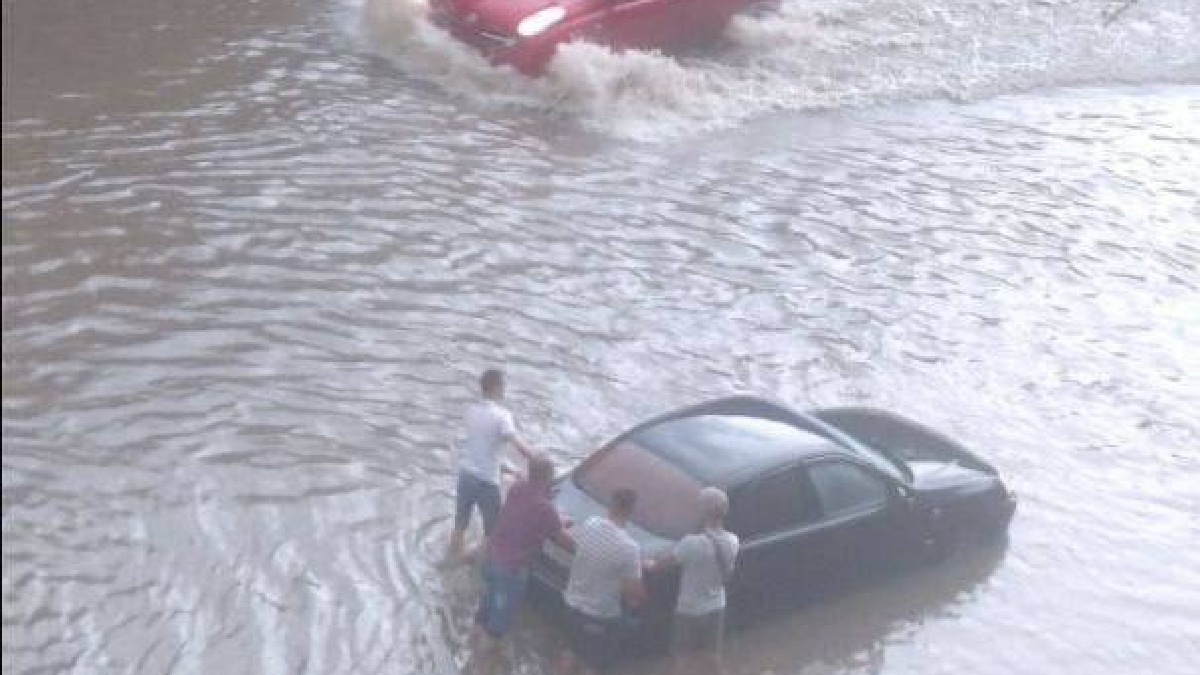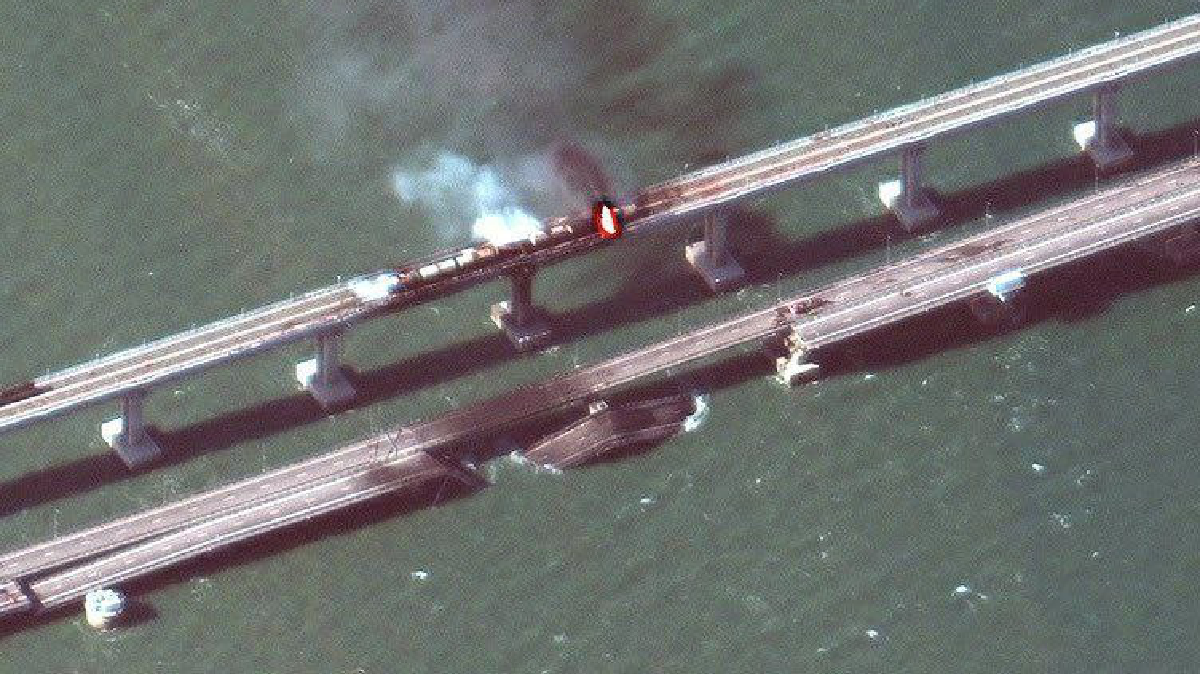The 5 reasons why the "referendum" in Crimea is illegal
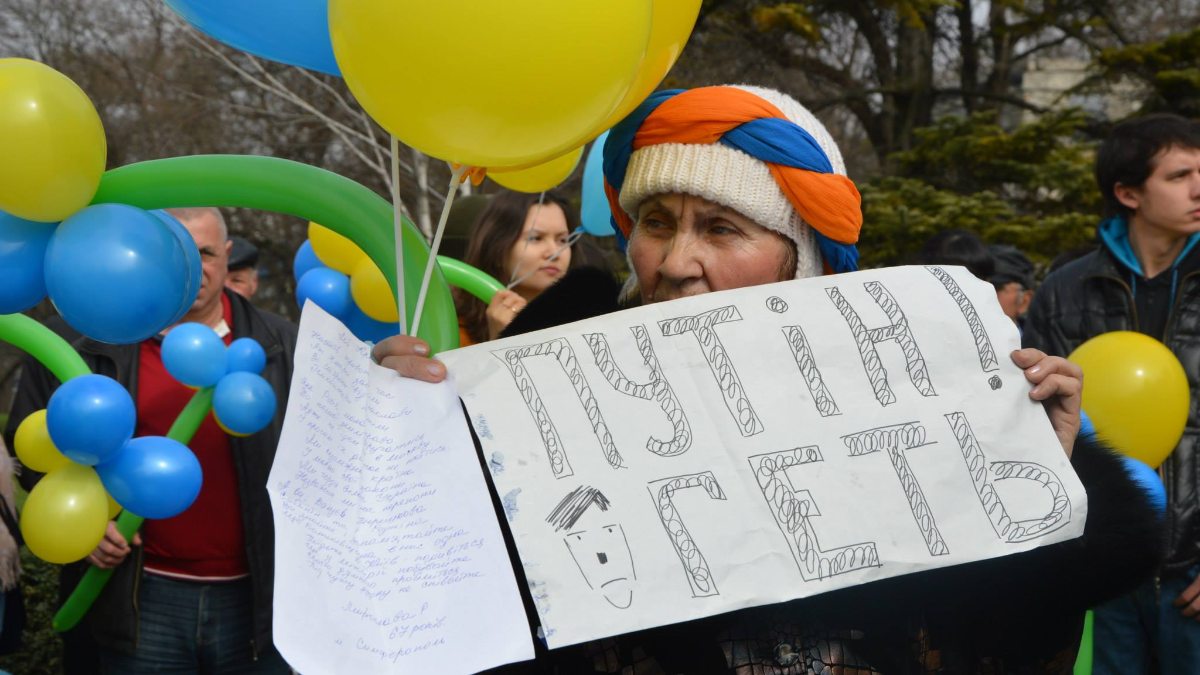
Seven years ago, on this day, on 16 of March 2014, the so-called "referendum" began in Crimea, after which the Crimean peninsula was occupied by the Russian Federation. The British Foreign Office later posted on Twitter five reasons why it was not recognized by either Ukraine or the international community. Since then, Ukrainian and international publications have taken the word "referendum" in quotation marks, emphasizing that there was an occupation in Crimea, but not a legitimate expression of the will of the people.
The first reason for holding such a "referendum" is that it violated the Constitution of Ukraine. The current government in Crimea, based on paragraph 10 of Article 138 of the Constitution of Ukraine, legalizes the "Crimean referendum", arguing that according to this point, local referendums in Crimea were possible. The lawyer of the Crimean Human Rights Group, Bohdan Melnykovych, explains that paragraph 10 of the above-mentioned Article 138 of the Constitution of Ukraine concerns issues at the local level. However, if we turn to Article 73 of the Constitution of Ukraine, it states that issues of change in the territory of Ukraine are decided exclusively in an all-Ukrainian referendum. Therefore, according to the Constitution of Ukraine, the referendum held in 2014 was not legal. The local referendum in Crimea could address issues of recognition of the status of the area as resorts, ensuring the functioning and development of state and national languages and cultures, participation in the development and implementation of state programs for the return of deported peoples, initiating a state of emergency and establishing emergency zones. But by no means a question of territorial affiliation. This contradicts the Constitution of the state".
The second reason for the illegality of the "referendum" is the number of pro-Russian media that dominated the semi-island in 2014. Kerch journalist Olena Lysenko, who worked in the Crimea at the time, recalls: “When I was filming the ferry, my so-called 'Cossacks' and my colleague started pushing me. One of the Russian servicemen tried to forbid me to film. When I asked the reason, it was enough for him to wave his hand and a crowd of these dressed-up "Cossacks" came at us. They pushed us to the car itself, which was parked nearby. I remember a colleague who went with me, just as a driver, protecting me from them so that I wouldn't be in so much pain. I will never forget that he behaved so heroically then, alone against the crowd. I started crying and, in fact, we managed to get out of there. I was very afraid that my card or equipment would be taken away from me. "Sevastopol resident Lara Moss recalls that Russian propaganda worked to intimidate the peninsula's residents: I remember at school the parents of my children's classmates took it very seriously that the Ukrainian Nazis had brought gallows, they would hang Russian women. Russian-speakers will be shot, and NATO troops have already distributed apartments on the Great Sea in Sevastopol. And here are all these fake horror stories, their level was simply outrageous".
The third reason is that the Russian military has captured key parts of the peninsula. And citizens "voted" under the watchful eye of Russian "green men". Elena Lysenko explains that all "dirty work" on the clearing of journalists, was carried out by "Cossacks". In order for the reputation of "polite people" to remain impeccable and for them ("green men" - ed.) To remain in the eyes of the Crimean people as a model of ideal behaviour of the Russian military. Her words are confirmed by one of the Ukrainian servicemen, who wished not to give his name. He left the peninsula immediately after the occupation, without remaining in the Russian army. "Then, at the same time, not only Russian servicemen were transferred to the Crimea, but from what I saw personally, they were Russian gangs. "Cossacks", Chechens, retirees. They were the ones who suppressed the protests, dispersed the Ukrainian actions, and did not allow Ukrainian journalists".
The fourth reason is the speed of preparation for the "referendum". The vote was prepared in 20 days, which did not allow for public discussion. In addition, there was no item in the ballots printed on plain A4 white sheets that would allow people to vote for Crimea to remain part of Ukraine. Actor from Simferopol, Yevhen Chernikov, says: “The ballots promised three issues: Crimea as part of Russia, Crimea as part of Ukraine and Crimea as an independent state. Many of the people really believed in the fairness of the vote, as if their opinion worried someone, they wanted to go to a referendum to vote for Crimea as part of Ukraine. And such a point, as a result, did not even exist. "Lara Moss says that the number of open polling stations was much smaller than in regular elections: For example, the polling station where I voted regularly was not opened. The polling station where my mother had previously been either a member of the chairman of the election commission was not opened. Here I can speak about at least two closed sites quite precisely. Now the question is: how many such closed polling stations were in Crimea, which worked during the regular elections until 2014? This was done precisely to show through Russian channels how many people came to the polls. But, in fact, those who wanted to vote simply had no choice and went to the available open polling stations, creating queues".
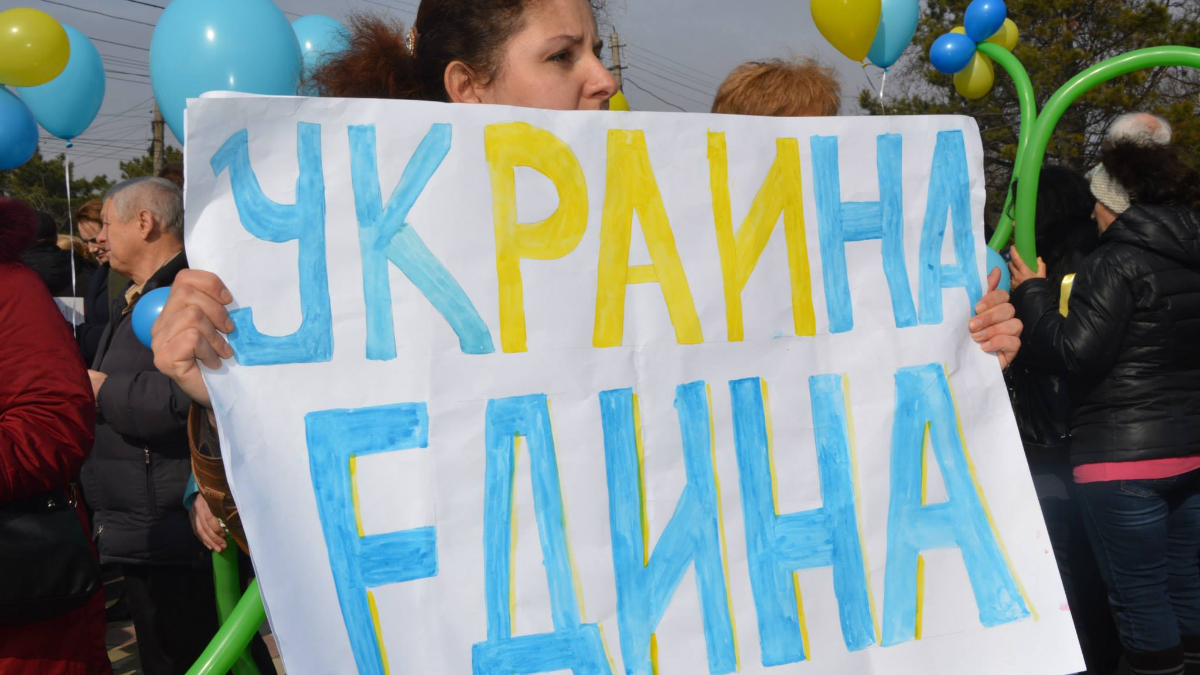
The fifth reason for the illegality of the "referendum" is the lack of international independent observers. This is precisely the consequence of the first point: neither Ukraine, nor the members of the European Union, nor the G7 group has recognized the occupation of Crimea. The fifth point directly depends on the first, explains lawyer Bohdan Melnykovych: of course, no country has sent its observers, because holding this referendum is a mechanism that took place within the framework of armed aggression. Yes, in Crimea there was no war in the understanding of the average citizen. But as of 16 March 2014, on the territory of Ukraine, the Russian army was in Crimea. However, under international law, this qualifies as an armed conflict. Accordingly, what is the point of sending observers to what is on the surface, it is not immediately legal and legitimate"?

